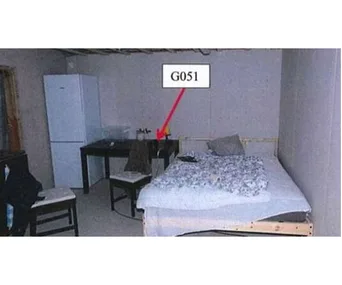A distraught woman feared she’d been raped after leaving a bar and confided her suspicions to her husband. He encouraged her to call the police and report the attack, only for DNA evidence to conclude he was actually the rapist.
The British woman, who can’t be named for legal reasons, had fought with her husband on the way to a barbeque in May last year and “stormed off”. She drank at a number of bars until someone called her husband to tell him she was slumped over a bench.
He picked her up around 2am but then raped her at the family home while their child slept, the jury heard.
“In your evidence to the court and in your interview with police, you said she was very drunk, barely coherent and had trouble talking,” judge Alexia Durran said.
“You drove her home and the inevitable conclusion of the jury was you then raped her while she was unable to consent, as a result of the alcohol she had consumed.”
The husband was sentenced to seven years in prison and ordered to sign the sex offender’s registry for life.
Judge Durran added: “She described the total and utter shock upon finding out the person responsible was you, her husband.”
“Your marriage has broken down as a result and she had to move out of the home you shared together.”
“It had a significant effect on her and she felt a significant amount of betrayal, by the person she described as the closest person to her.”
The sentencing is in stark contrast to earlier days of British and Australian law where a man could not be found guilty of raping his wife.
It wasn’t until 1976 that South Australia became the first state to criminalise marital rape with the other states following suite throughout the 80s and finally the Northern Territory in 1994.





